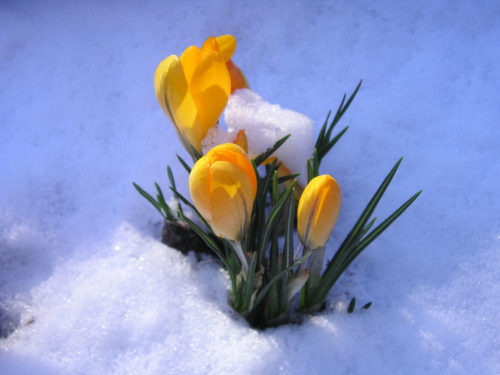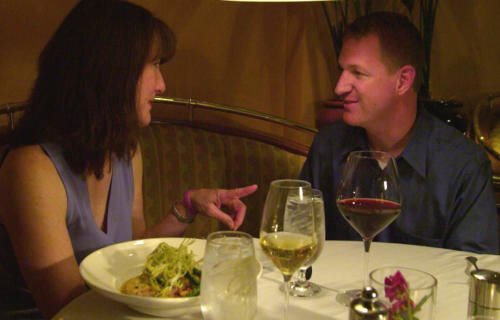The Cher-El-Sue is the name of the family boat on which I spent much of my childhood summers. Refurbished by my father, the 29-foot long wooden cabin cruiser was named after his “girls”—me (Cheryl), my mother (Ellen), and my sister (Susan). We enjoyed frequent trips across Long Island Sound from our home in Mamaroneck, in the suburbs of New York City, to Port Jefferson on the north shore of Long Island. Often we slept overnight on the boat. I recall one particular night when I was five or six years old that we encountered a severe thunderstorm while out on…
“I hope gas prices fall.” “I hope we have a lot of snow this winter.” These are common ways we use the word hope when we look forward to something with expectation and desire; or when used as a person or thing in which expectations are centered: “The medicine was her last hope.” When differentiating something from certainty, hope is often used as “wishful thinking.” When we say, “I hope it happens,” we’re really saying “I don’t know what’s going to happen, but I’m desiring that ‘such and such’ happens.” From the Greek, hope in the Bible is “the confident…
Years ago scientists conducted an experiment to see the effect hope has on those undergoing hardship. Two groups of laboratory rats were placed in separate tubs of water. Researchers left one set alone and discovered within an hour they had all drowned. The other rats were periodically lifted out of the water and then returned. When that happened, the second group of rats swam for over 24 hours. Why? Not because they were given rest breaks, but because they suddenly had hope! The rats somehow hoped that if they could stay afloat for just a little longer, someone would reach…




